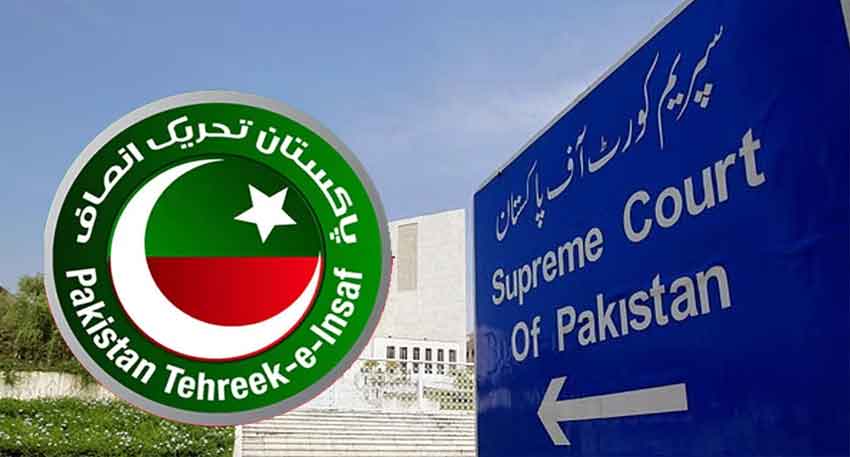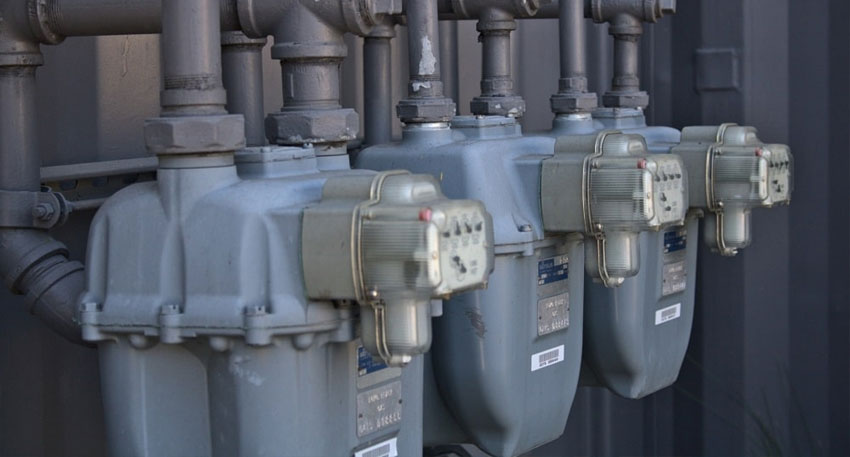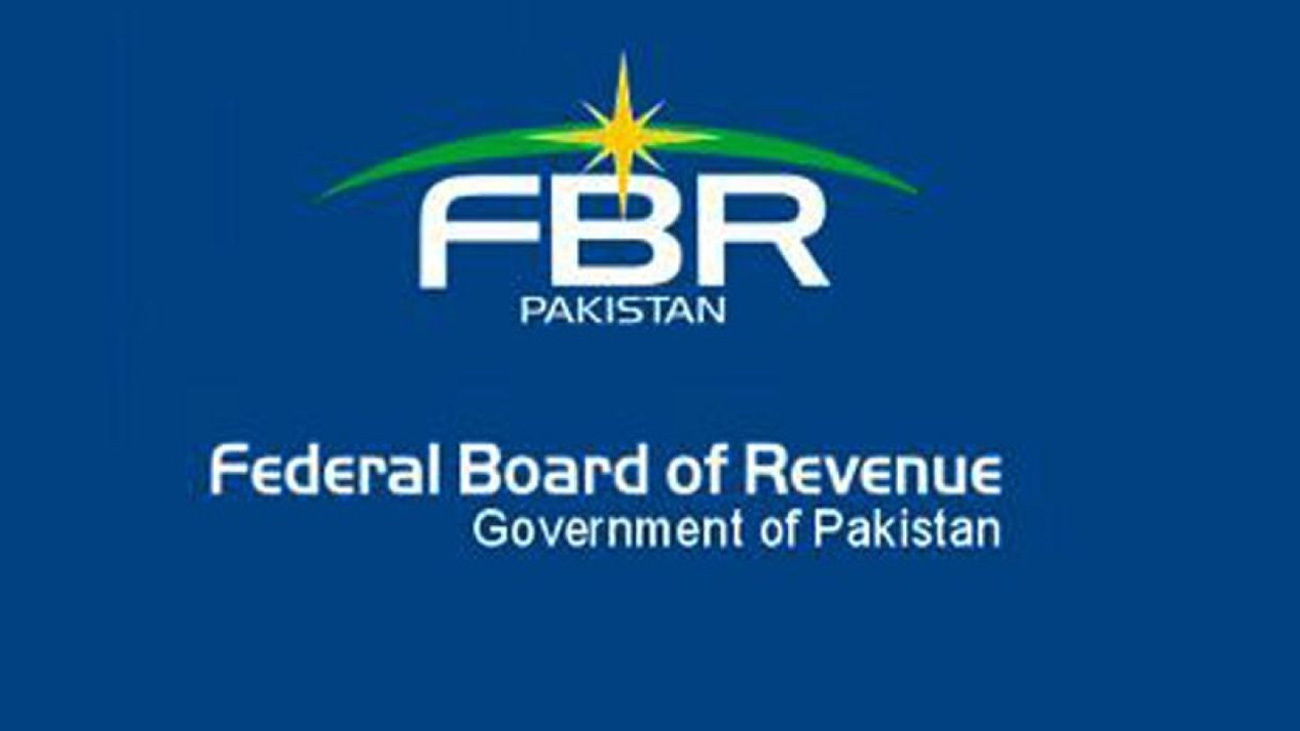
The verdict was announced by a 13-member full court bench headed by Justice Aminuddin Khan.
In the high-stakes political decision that may reshape Pakistan’s parliamentary dynamics, the apex court has ruled that PTI is not entitled to the reserved seats it had claimed through the Sunni Ittehad Council (SIC), its affiliated party. These seats will now be allocated to other political players, including PML-N, PPP, and allied parties.
This decision came in response to a review petition filed by the Sunni Ittehad Council, which had initially approached the Election Commission of Pakistan (ECP) on February 21, 2024, seeking allocation of reserved seats. The ECP had reserved its decision on February 28 and finally rejected the request on March 4, announcing a 1-4 ratio verdict that went against SIC.
Following the rejection, SIC challenged the decision in the Peshawar High Court, which also dismissed their petitions on March 14, stating that there was no legal merit for granting them the reserved seats. Not satisfied, SIC escalated the matter to the Supreme Court on April 2.
In an interesting twist, the Supreme Court had earlier suspended both the ECP and Peshawar High Court decisions on May 6, forming a larger bench to deliberate on the matter as a constitutional issue. A full court was constituted on May 31 under Chief Justice Qazi Faez Isa, and after nine hearings, the judgment was reserved on July 9.
On July 12, the Supreme Court initially sided with PTI in an 8-5 majority decision, declaring that the reserved seats indeed belonged to them. This verdict temporarily shifted the power game in PTI’s favor, giving them additional leverage in the National Assembly.
However, today’s dramatic turn comes as the court concluded review petitions filed by PML-N, PPP, and the ECP against the earlier decision. After 17 extensive hearings, and with intense legal arguments, the court reversed its stance. Justice Aminuddin Khan, heading the current constitutional bench, announced that PTI is ultimately not entitled to the reserved seats, thus restoring the earlier allocation to other parties.
Interestingly, there was internal division within the judiciary throughout the process. While Justice Mansoor Ali Shah authored the earlier majority decision in favor of PTI, several judges, including former Chief Justice Qazi Faez Isa and current Chief Justice Yahya Afridi, issued dissenting notes. This showcases the deep complexity and differing judicial interpretations surrounding the matter.
Read more: 18 of a family swept away in Swat River – How outing turned into a tragedy?
This landmark ruling is not just about numbers in the National Assembly—it’s a defining moment for Pakistan’s democratic process. The loss of reserved seats for PTI not only diminishes their legislative strength but could also influence future government formations and alliances. The judiciary’s detailed and divided approach reflects how constitutional and political interpretations often collide in high-stakes matters.
It also raises critical questions about the transparency of party alliances and the legal basis for claiming reserved seats through proxy affiliations. Moreover, the extended legal battle and split verdicts have stirred public debate about judicial independence, political fairness, and electoral accountability.
Going forward, political observers will be watching closely how PTI recalibrates its strategy and whether this ruling sets a precedent for similar future cases involving party mergers, breakaways, or electoral technicalities.




